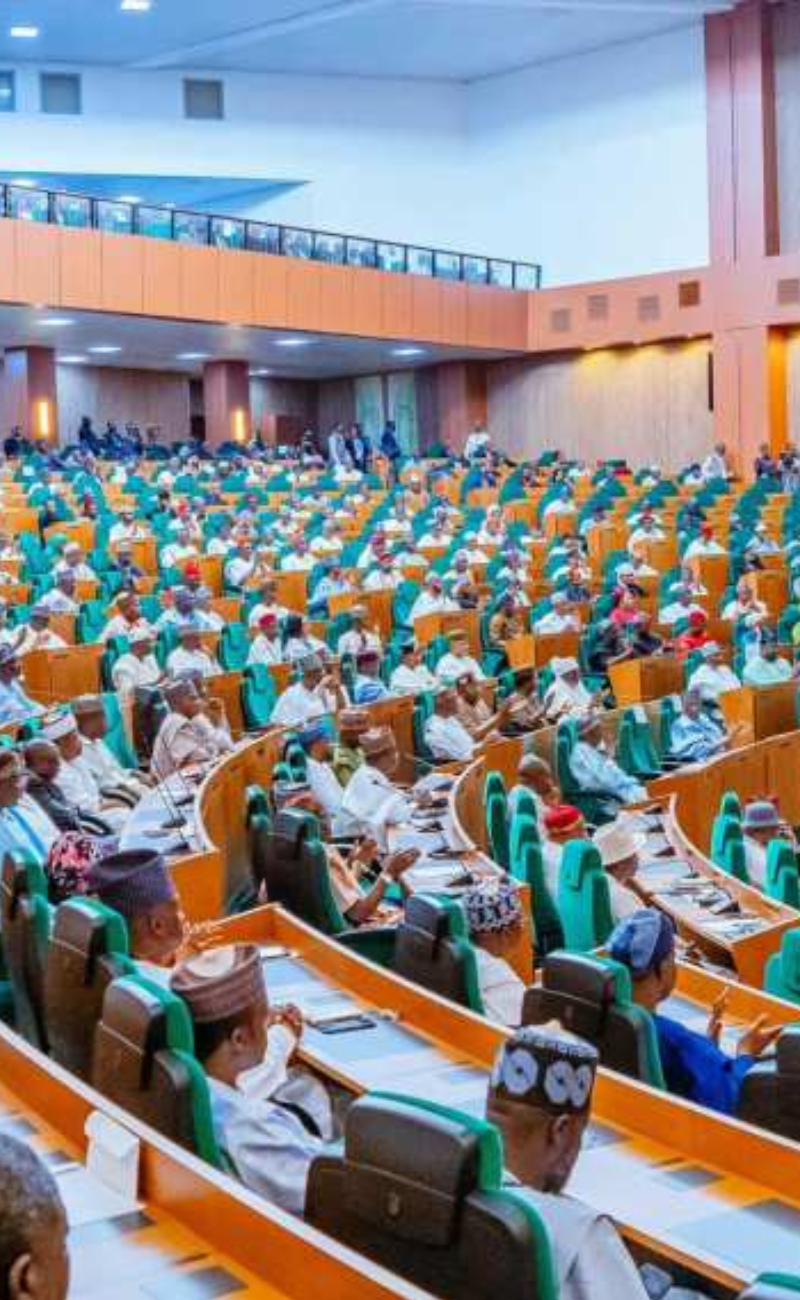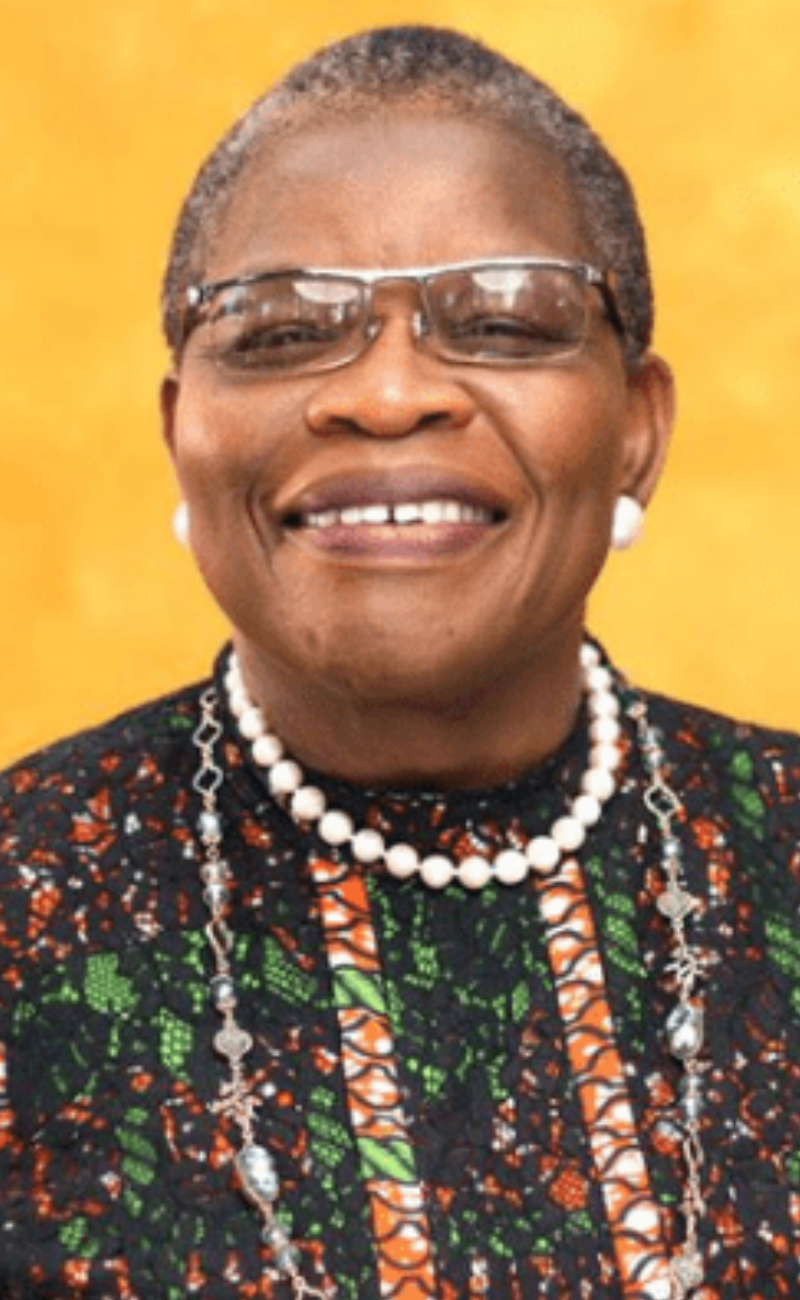About half of the federal cabinent previously served in the legislature thereby bringing a rare FLEX influence into the Tinubu administration
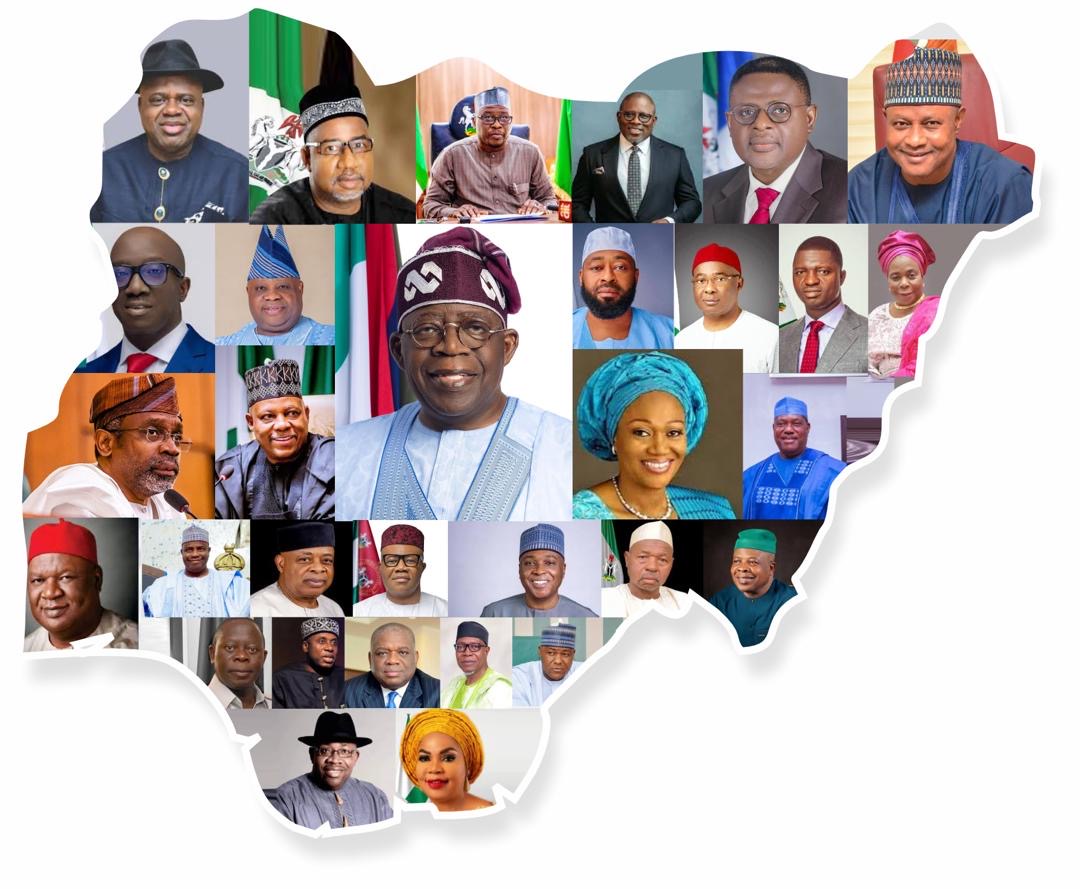
In the complex machinery of governance, cabinet ministers are often viewed as the engine room of national policy. They drive reforms, oversee key sectors, and implement executive mandates.
But in Nigeria’s evolving democracy, a new trend is reshaping the very composition of the federal cabinet: the infusion of former lawmakers into top executive positions. This emerging pattern, marked by the presence of seasoned senators and representatives within the cabinet, speaks to a growing realisation at the highest levels of power that governance can be more effective when anchored in legislative experience.
This strategic realignment may be political reward or coincidence or reflects a deliberate shift towards building a governance structure that bridges policy execution with the realities of parliamentary processes. Under President Bola Tinubu, Nigeria has witnessed an unprecedented inclusion of ministers who previously served in the National Assembly – including former speakers, senators, committee chairs, and ranking House members.
These individuals now oversee critical sectors like defence, labour, agriculture, energy, works, education amongst others, bringing with them the legislative acumen needed to navigate Nigeria’s complex political and bureaucratic terrain.
The significance of this development has been brought into sharp focus by OrderPaper Nigeria, the country’s leading legislative think tank and parliamentary monitoring organisation. Through its Initiative for Celebrating Outstanding National Statepersons (ICONS) of the Fourth Republic, OrderPaper is spotlighting individuals whose contributions across both the legislature and executive arms of government have profoundly shaped Nigeria’s democratic experience. These ICONS are not just leaders but also institutional memory bearers, policy architects, and bridge-builders whose unique career trajectories deserve both celebration and documentation.
The cabinent ICONS stand out in this regard. Most of them are products of years spent in legislative chambers crafting bills, leading debates, scrutinising budgets, and conducting oversight. Now in executive roles, they bring a deep understanding of federal legislative processes, power balancing, and intergovernmental coordination. Many have transitioned seamlessly from being lawmakers to implementers, drawing upon their parliamentary insight to expectedly craft more realistic, measurable, and politically viable policies.
This dual-service credential is not just a matter of prestige, it is proving to be a strategic asset. Ministers who have served in the National Assembly understand the power of oversight, the intricacies of appropriation, and the political logic of policymaking in a divided, federal system.
They bring with them a legislative mindset that blends political sensitivity with administrative clarity, qualities increasingly essential in a country facing economic volatility, security challenges, and institutional distrust.
More importantly, this trend is part of a broader framework known as FLEX – Facility for Legislative Executive Exchange coined and tracked by OrderPaper in a 2024 policy report. FLEX describes the strategic movement of politicians from the legislature to the executive, and vice versa, as a growing norm in Nigeria’s political ecosystem.
While FLEX has existed informally for years, Tinubu’s administration represents its most structured and intentional deployment, making the ministerial ICONS a focal point of this democratic evolution.
By leveraging legislative talent in executive positions, Nigeria may be turning a critical corner in its governance architecture, one that values procedural knowledge over patronage, collaboration over conflict, and continuity over disruption.
The ministers profiled below represent this new breed of political actors: lawmakers-turned-ministers who are using their legislative pedigree to reshape how government works at the highest level.
READ ALSO: ICONS: How Tinubu’s presidency is shaped by former legislators
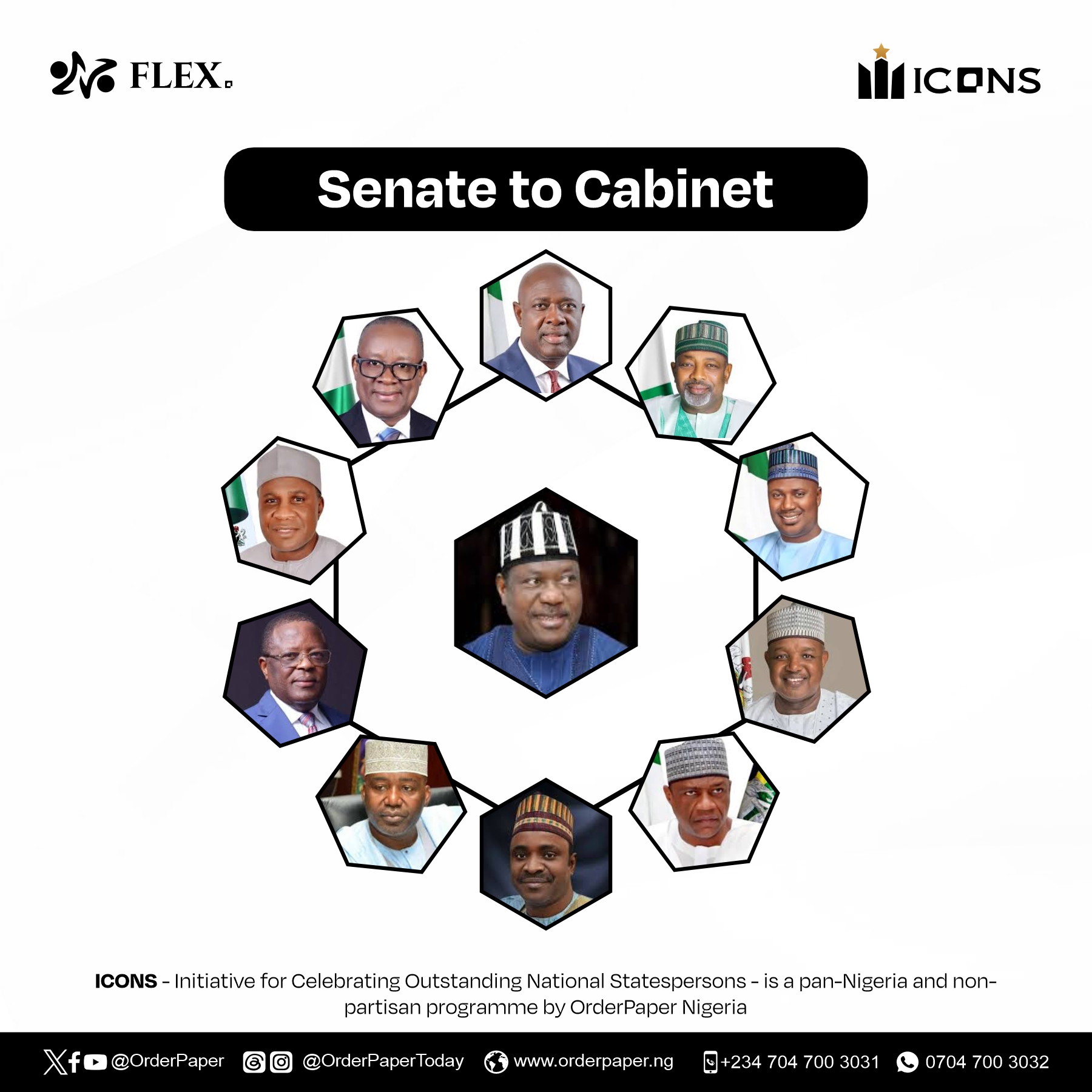
David Umahi
At the helm of the ministry of works is Sen. David Umahi, a former governor and briefly a senator for Ebonyi south senatorial district. Known for his infrastructural drive while governing Ebonyi state, Umahi now oversees Nigeria’s most capital-intensive ministry. His brief time in the Senate, though often overlooked, positioned him to understand federal budgeting processes, legislative priorities, and inter-ministerial coordination.
Today, Umahi’s ministry is one of the most visible in the Tinubu cabinet. He approaches infrastructure not just with technical knowledge but with parliamentary sensibility, constantly updating lawmakers on road contracts, timelines, and budget performance. His FLEX journey from governor to senator to minister demonstrates the full arc of public service leadership that the ICONS initiative seeks to celebrate.
Femi Gbajabiamila
Gbajabiamila is a former speaker of the House of Representatives. Known for legislative reform and party cohesion, he now manages presidential coordination with lawmakers and stakeholders, serving as chief of staff to the president, a bridge between the presidency and the national assembly.
Heineken Lokpobiri
Few ministers combine legal expertise, grassroots political experience, and legislative exposure like Sen. Heineken Lokpobiri, incumbent minister of state for petroleum resources (oil). A former Speaker of the Bayelsa State House of Assembly and later a senator for Bayelsa west, Lokpobiri has long advocated for equitable resource governance and local content development in the petroleum sector.
His return to the federal cabinet places him in a strategic role during a volatile period in global oil markets and local energy reform. Having once grilled oil companies and ministry officials as a lawmaker, Lokpobiri now sits on the other side of the table implementing the same policies he once scrutinised. His understanding of the Petroleum Industry Act (PIA) and legislative oversight tools allows him to pre-empt conflict and drive implementation with speed and credibility.
John Owan Enoh
Sen. John Owan Enoh, Minister of State for Trade and Investment, is one of the most policy-grounded figures in the cabinet. He chaired the House of Representatives Appropriation Committee and later served in the Senate, where he was involved in fiscal and finance reform debates.
As minister, Enoh applies this experience to reposition Nigeria’s trade landscape. His speeches and policies are often rich in data and legislative references, a testament to his FLEX background.
Nkeiruka Onyejeocha
A four-term lawmaker and one of the longest-serving female members of the House of Representatives, Nkeiruka Onyejeocha is now minister of state for labour and employment. Her parliamentary career focused on social justice, gender inclusion, and workers’ rights issues that align directly with her ministerial responsibilities.
As a FLEX icon, Onyejeocha understands the power of coalition-building within the legislature. Her ongoing dialogue with labour unions, parliamentary committees, and civil society groups draws from years of engaging with legislative stakeholders. She embodies the strategic advantage of appointing policy-conscious lawmakers to sensitive ministries.
Olubunmi Tunji-Ojo
Mr. Olubunmi Tunji-Ojo, popularly known as BTO, made headlines in the House of Representatives for his oversight of the Niger Delta Development Commission (NDDC). Now minister of interior, he is transforming national identity systems, correctional reforms, and paramilitary operations with impressive speed.
His legislative experience, particularly on internal affairs committees, gives him insider understanding of bureaucratic bottlenecks and legislative timelines. Tunji-Ojo is one of the youngest yet most effective ministers in the cabinet, exemplifying how a legislative foundation can accelerate executive performance in complex sectors.
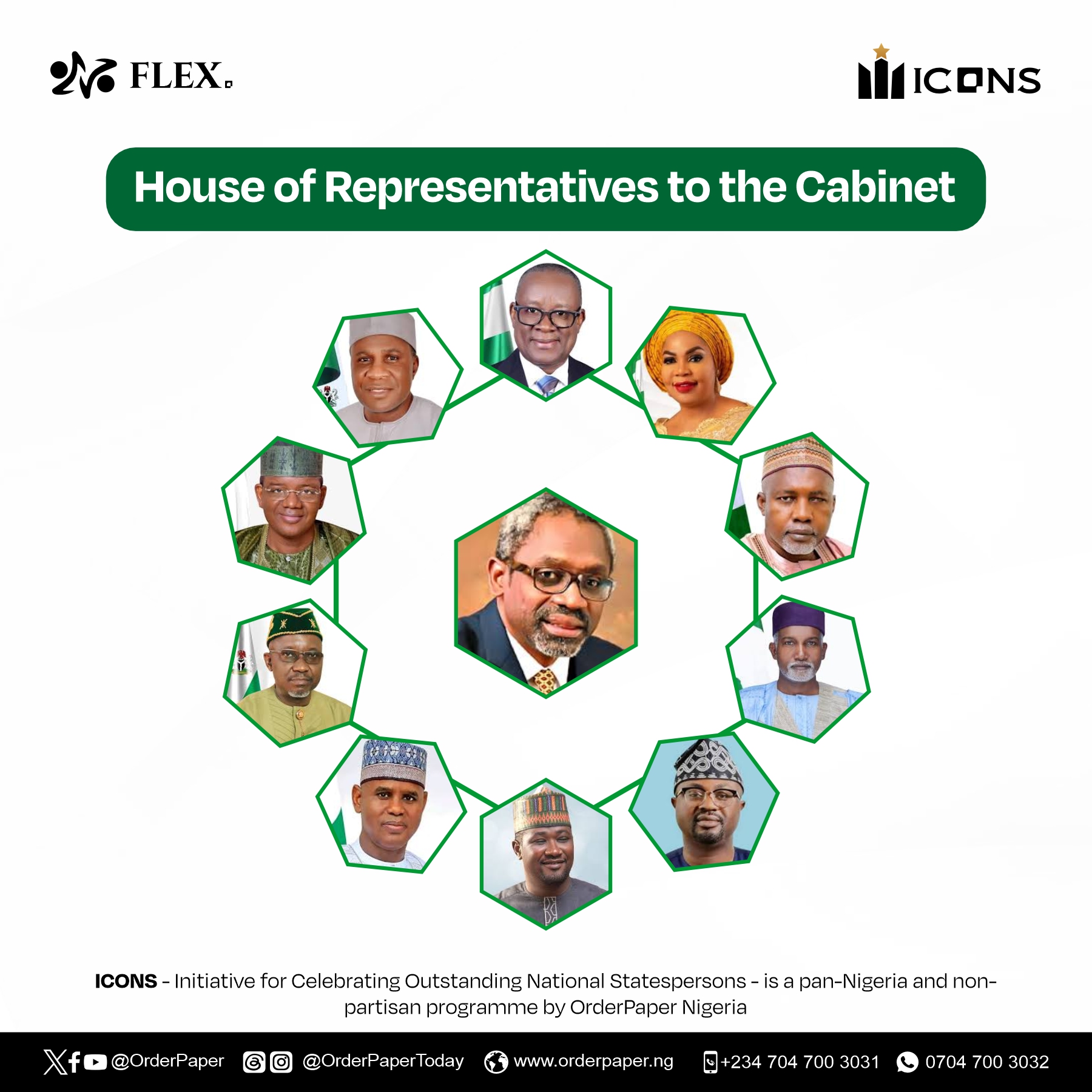
Other key ministerial FLEX Icons
The ICONS list of nominees also includes other FLEX actors whose current roles are pivotal to Tinubu’s governance strategy:
Abubakar Kyari – Minister of Agriculture & Food Security
Former senator for Borno north senatorial. His tenure in the senate’s agriculture committee shapes his approach to mechanisation, food security, and rural development.
Aliyu Sabi Abdullahi – Minister of State, Agriculture & Food Security
A former senate spokesperson and ranking lawmaker from Niger State. Known for policy communication and legislative reform advocacy, he now co-leads agricultural transformation.
Abubakar Bagudu – Minister of Budget & Economic Planning
Former Senator and ex-Governor of Kebbi State. His budget and finance background is central to his leadership of Nigeria’s economic planning apparatus.
Ibrahim Gaidam – Minister of Police Affairs
Former Governor of Yobe and Senator. His deep knowledge of security legislation and North-East challenges is crucial to police reforms and inter-agency coordination.
Saidu Alkali – Minister of Transportation
Former Senator for Gombe north. His grasp of oversight mechanisms aids his supervision of Nigeria’s railway expansion and logistics framework.
Ibrahim Hassan Hadejia – Minister of State, Environment
Former Senator for Jigawa North-east and deputy governor. His legal acumen and federal legislative experience support Nigeria’s environmental diplomacy and ecological restoration.
Abubakar Momoh – Minister of Niger Delta Development (Regional Development)
Former House of Representatives member. His legislative advocacy for the oil-rich region informs his role in regional integration and intervention projects.
Yusuf Sununu – Minister of State, Education
Medical doctor and former House member. His legislative input on health and education bills now guides policy direction in basic and tertiary education.
Yusuf Tuggar – Minister of Foreign Affairs
Former House member and ex-ambassador. His committee work on international relations now anchors his leadership of Nigeria’s diplomatic missions.
Bitrus Jalo – Minister of State, Labour & Employment
Former House member from Gombe. He complements Onyejeocha with a labour-friendly agenda and grassroots outreach on social protection.
Bello Goronyo – Minister of State, Water Resources & Sanitation
Former House member from Sokoto. He brings legislative backing for water projects, clean water access, and sanitation reform.
Ekperikpe Ekpo – Minister of State, Petroleum (Gas)
Former Reps member from Akwa Ibom. His House experience helps manage gas policy implementation and Niger Delta expectations.
Bello Matawalle – Minister of State, Defence
Former House member and ex-Governor of Zamfara. A veteran FLEX actor whose security experience as governor complements defence policy coordination.
These ICONS-mominees are more than political appointees; they are systemic bridge-builders who blur the once rigid lines between the legislature and executive. Their journeys illustrate a promising governance model in which policy design is informed by legislative understanding, and executive decisions are implemented with political literacy.
As Nigeria deepens its democratic experiment, these FLEX actors may prove to be the stabilisers, interpreters, and architects of continuity that the system desperately needs. Through them, the story of Nigeria’s Fourth Republic is not just being written—it is being steered, strategically, from the chambers to the cabinet.


